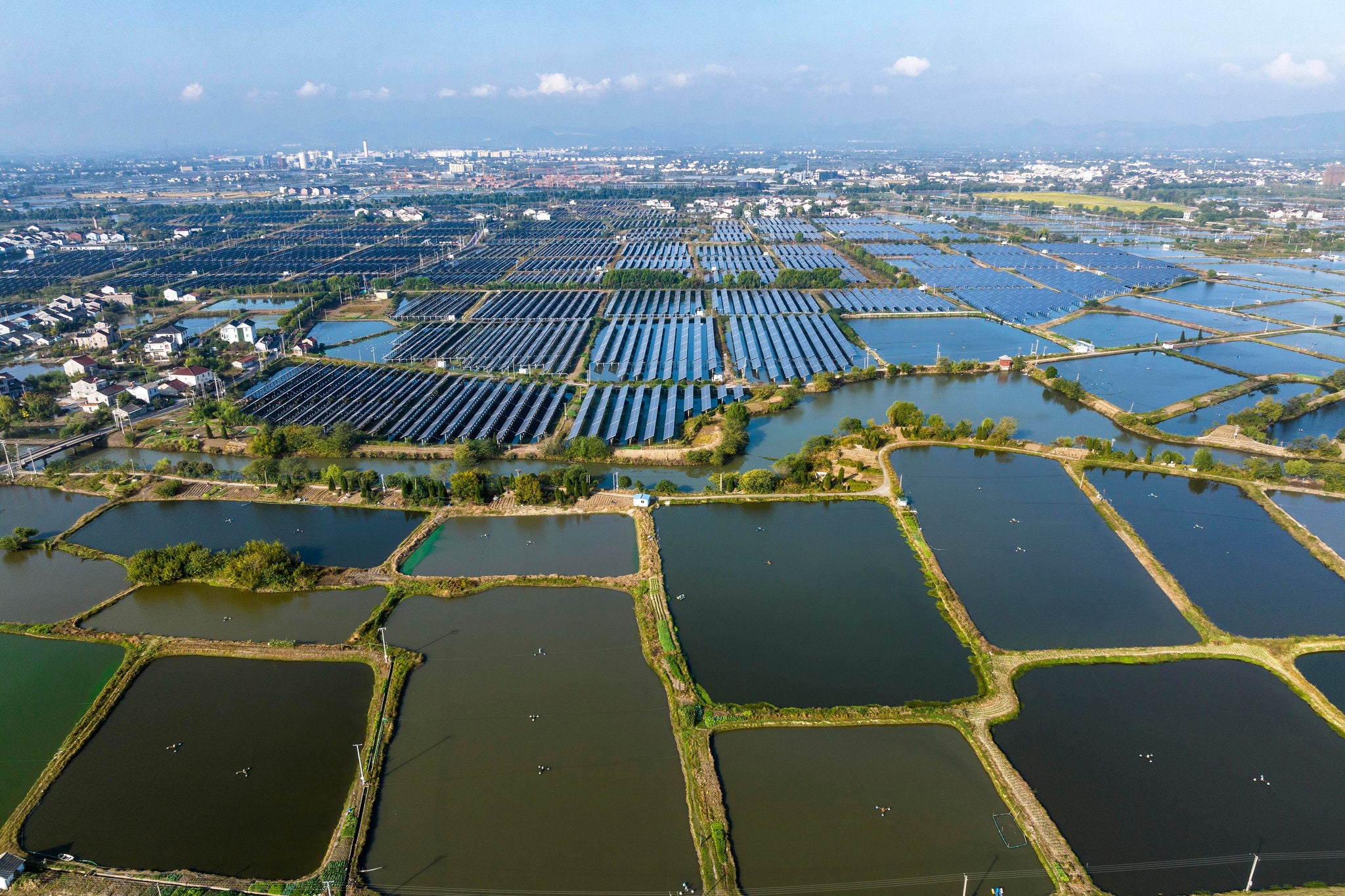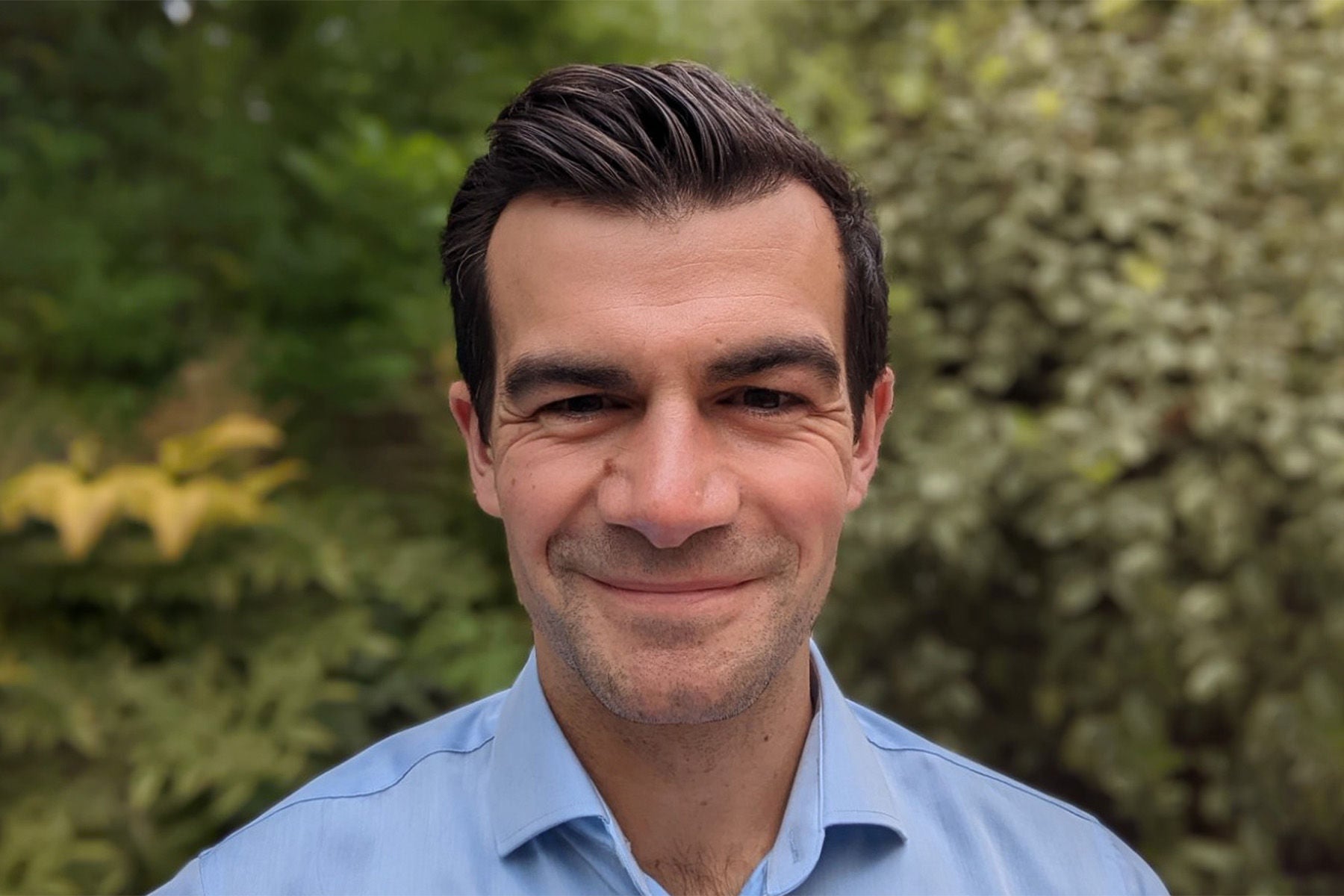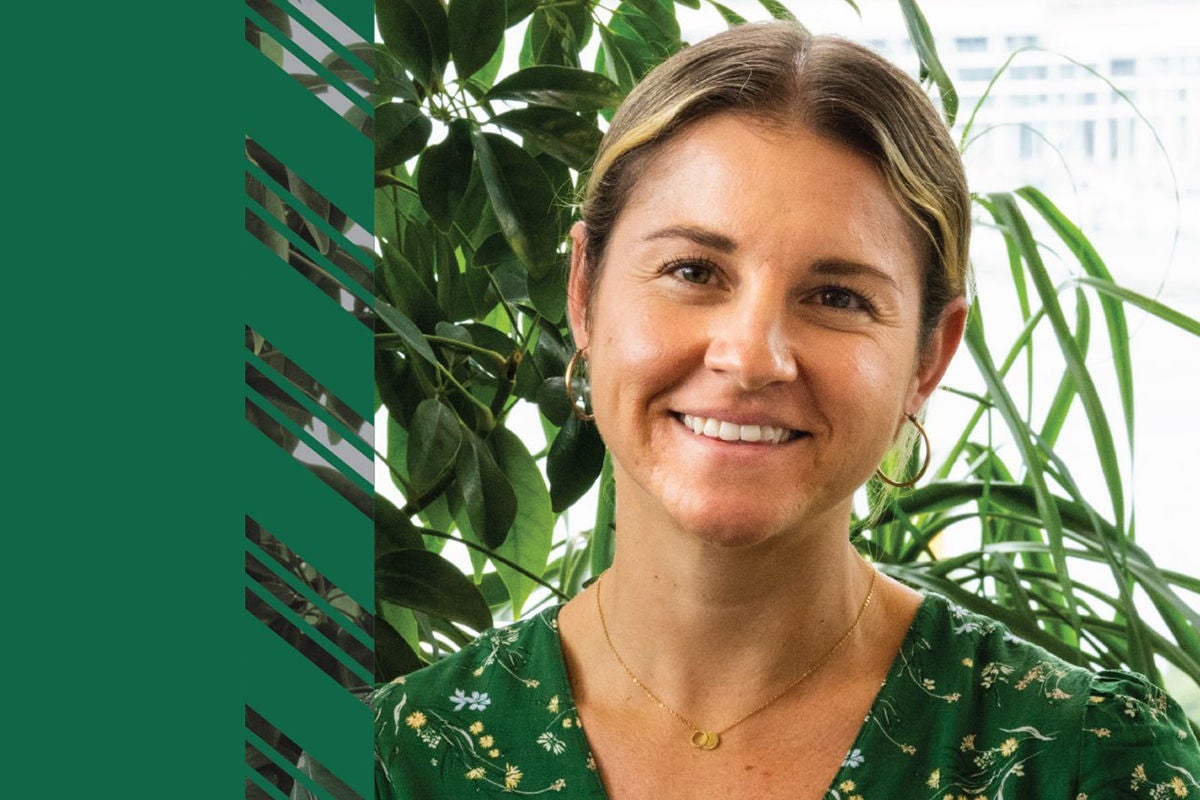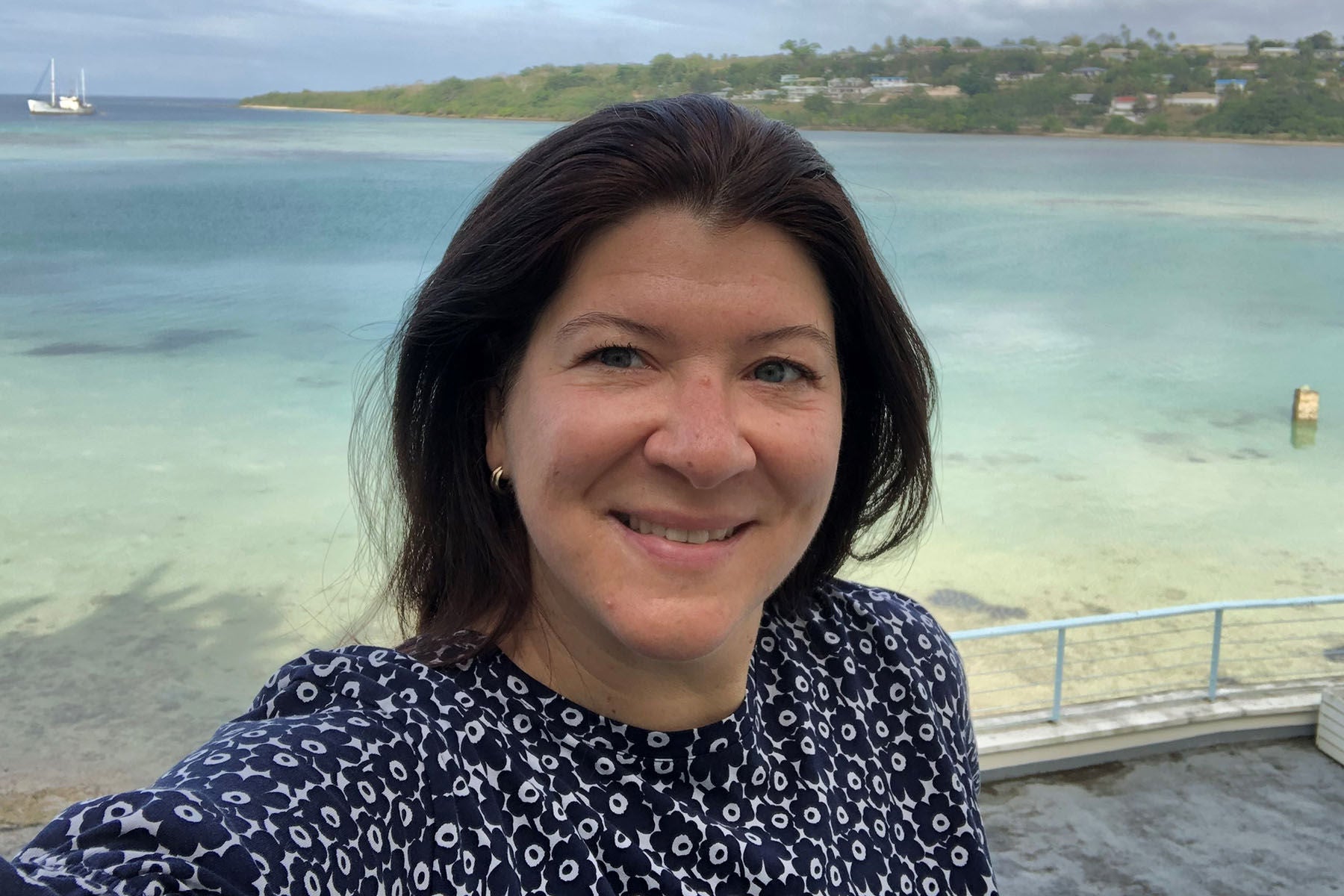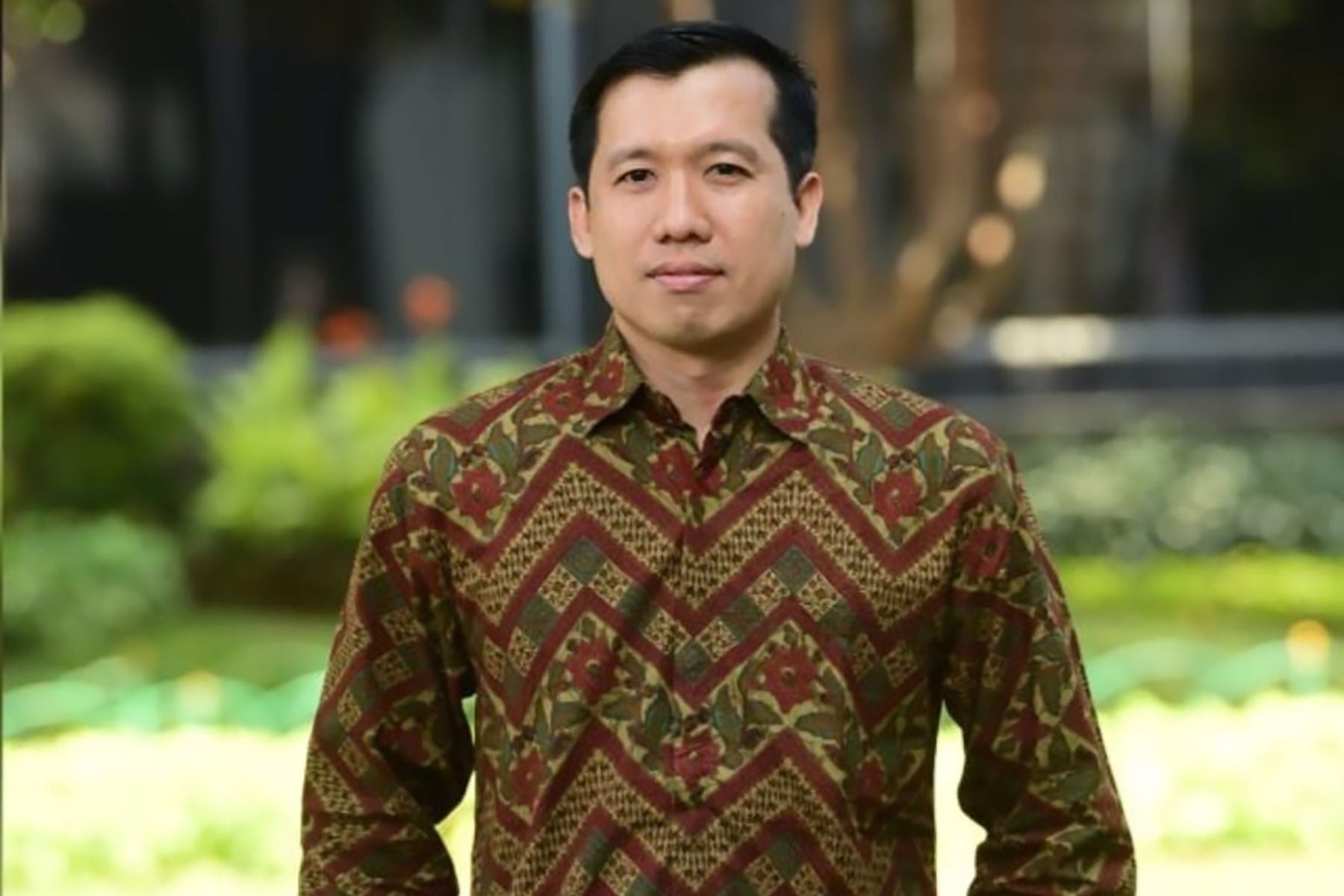EY refers to the global organization, and may refer to one or more, of the member firms of Ernst & Young Global Limited, each of which is a separate legal entity. Ernst & Young Global Limited, a UK company limited by guarantee, does not provide services to clients.
How EY can help
-
Get legal guidance, consulting services and support to help you pursue your sustainability goals and manage sustainability-related risk.
Read more
Next steps for bringing down the walls and building bridges
No “one size fits all” approach could ever exist for addressing the complex issues of climate change. To better navigate the roadmap offered by the Paris Agreement, several actions are required by stakeholders to successfully achieve meaningful progress.
Cooperation between diverse stakeholders is essential
Cooperation between the different stakeholder parties is a prerequisite for a successful Article 6 implementation and overcoming many barriers to the carbon market’s development. One way to overcome these barriers is to increase market transparency and improve the quality of credits. Additionally, voluntary carbon market (VCM) organizations need to demonstrate a willingness to work harder on improving the market's integrity.
VCM players such as standards can, for instance, take on a significant role in upholding IPLCs’ rights by establishing explicit safeguarding principles and requirements. These can serve as guidelines for project developers on how to prevent human rights breaches and promote greater participation of IPLCs that are not yet effectively represented in existing carbon markets, especially when it comes to governance and decision-making procedures. Here, the international legal system can also help lay the foundation for inclusive participation of all stakeholders, especially for those that often suffer from fraud and human rights violations as well as land expropriation.
“As a standard, we see our role as an enabler of Article 6 activities,” says Hugh Salway, Senior Director, Market Development and Partnerships, The Gold Standard Foundation. “By putting in place the right rules, procedures and infrastructure to support Article 6, we can enable project developers to implement ambitious activities that deliver benefits for the climate and sustainable development. We can also enable governments — both those hosting activities and those using ITMOs towards their NDCs — to realize the benefits of international cooperation.”
Jesse McCormick, Senior VP, Research, Innovation & Legal Affairs, First Nations Major Projects Coalition, confirmed, “Consent standards are the most effective way to ensure that risks are mitigated, Indigenous Peoples see benefits from offset projects and past challenges are not repeated.”
The cooperative mechanisms under Article 6 also offer the possibility for developing countries to become a partner of choice for developed countries looking to balance their greenhouse gas (GHG) emissions. Developing countries can benefit from the buy-in of the private sector, the private sector can meet its compliance obligations and developed countries can achieve Nationally Determined Contribution (NDC) targets while safeguarding energy security.



